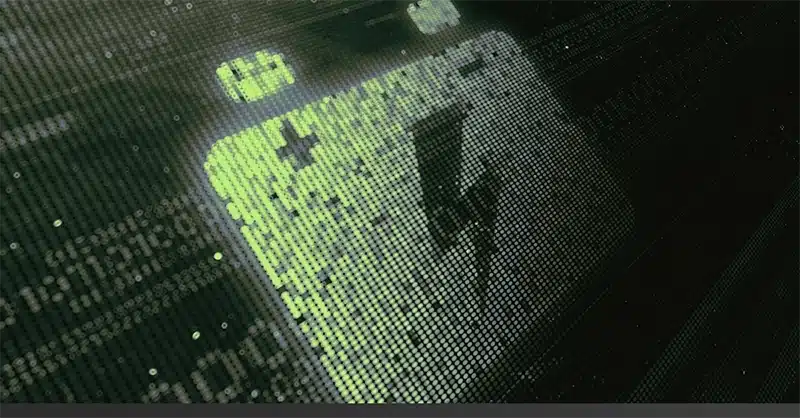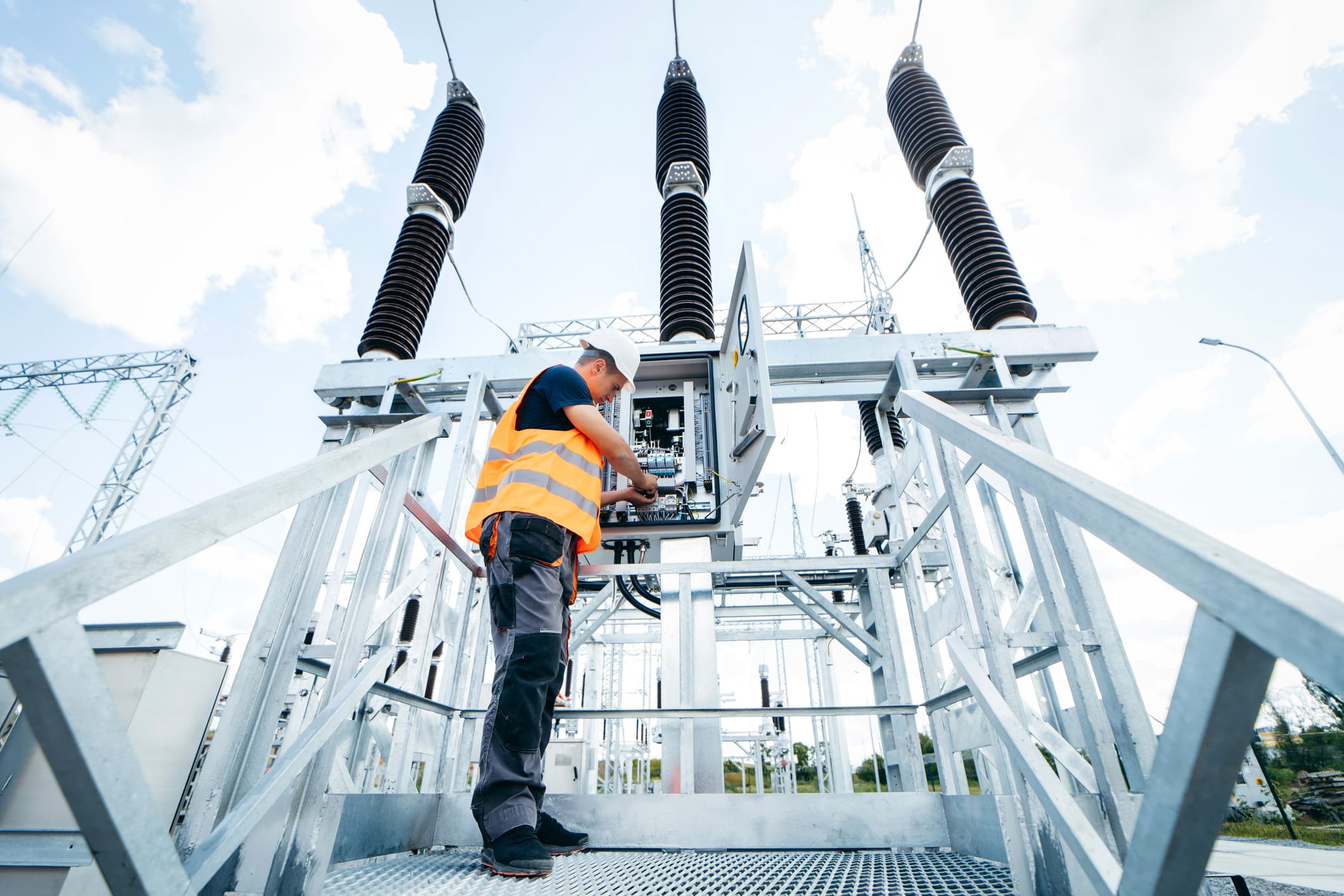The energy sector depends on highly specialised, high-value equipment to maintain operations. As components like…
February 27, 2024
Charged for success: all you need to know about battery logistics in the western European market
Battery logistics is a rapidly growing and evolving market in Europe and North America, where the markets are immature but the demand for electric vehicles is set to explode, according to consultancy firm McKinsey. This is why a big chance for growth lies in the Western European market.

Globally, the number of charging ports has already grown from 3 million to 10 million between 2019 and 2023, and S&P Global estimates that 70 million will be reached by 2030. So as something of an understatement, the market is poised for expansion.
Electric Vehicle (EV) batteries, as a type of advanced, high-performance battery contributing to sustainable logistics and renewable solutions, powering electric powertrains and reducing reliance on traditional internal combustion engines, are emerging as a top product within the renewable energy industry.
EV adoption in Western European countries varies based on factors including technological advancement, manufacturing capabilities, government incentives, and consumer preferences. Overall, regional variations influence manufacturing strategies, while government policies impact both consumers and manufacturers but, as S&P Global rightly observes, EVs have become a growing trend in Western Europe. However, there are substantial challenges to battery logistics, such as (but not limited to) safety in both transportation and storage – though if a company were to conquer the market, they could really reap the benefits. The chance to contribute to the overall value creation process by improving the supply chain presents a huge opportunity.
One of the big challenges to capitalising on this market is the regulations. The EU brought new battery regulations into play in August 2023 – and there are new requirements for shipments of waste batteries outside the EU. For example, “To help consumers make informed decisions on which batteries to purchase, key data will be provided on a label. A QR code will provide access to a digital passport with detailed information on each battery that will help consumers and especially professionals along the supply chain in their efforts to make the circular economy a reality for batteries,” according to the European Commission (EC).
Initially, a passport is an extra step for logistic companies to comply with, but the market is only set to get more demanding from there. By the 18th of February 2027, industrial batteries with a capacity greater than 2kWh will need a passport including information such as specifications, sustainability requirements, handling instructions and recycling instructions/history.
There are already regulations surrounding the packaging of lithium batteries – they are required to be packed separately and with a secondary, outer box – but these too could be set to evolve. And that is the main complexity around regulations – they are ever-changing. The EU is trying to balance safety with competition, allowing its market to flourish against the already mature Chinese market for electric vehicles.
So, as a company hoping to exploit the growing market, you will have to stay alert. To do this, rigid compliance with the regulations surrounding battery fluid, also known as electrolyte, is the key. As a mixture of sulphuric acid and water, the transportation of electrolyte requires careful consideration. After all, most lithium batteries are highly flammable and have an incredibly high energy density. Because they can overheat and ignite under certain conditions, such as a short circuit, physical damage, improper design, or assembly, they require knowledge, consideration, and care. After all, once ignited, lithium cell and battery fires can be difficult to extinguish. So, logistics operators really need to know what they’re doing – in terms of transportation, but also handling and storage. With the growing complexity of regulations and safety requirements, businesses can benefit from expert battery logistics solutions to ensure compliance and efficiency in the supply chain
Carousel is a logistics specialist focused on time-critical solutions that aims to redefine industry standards. Through our constant commitment to ownership, learning, and care, we have established ourselves as a trusted partner within the European logistics space.


